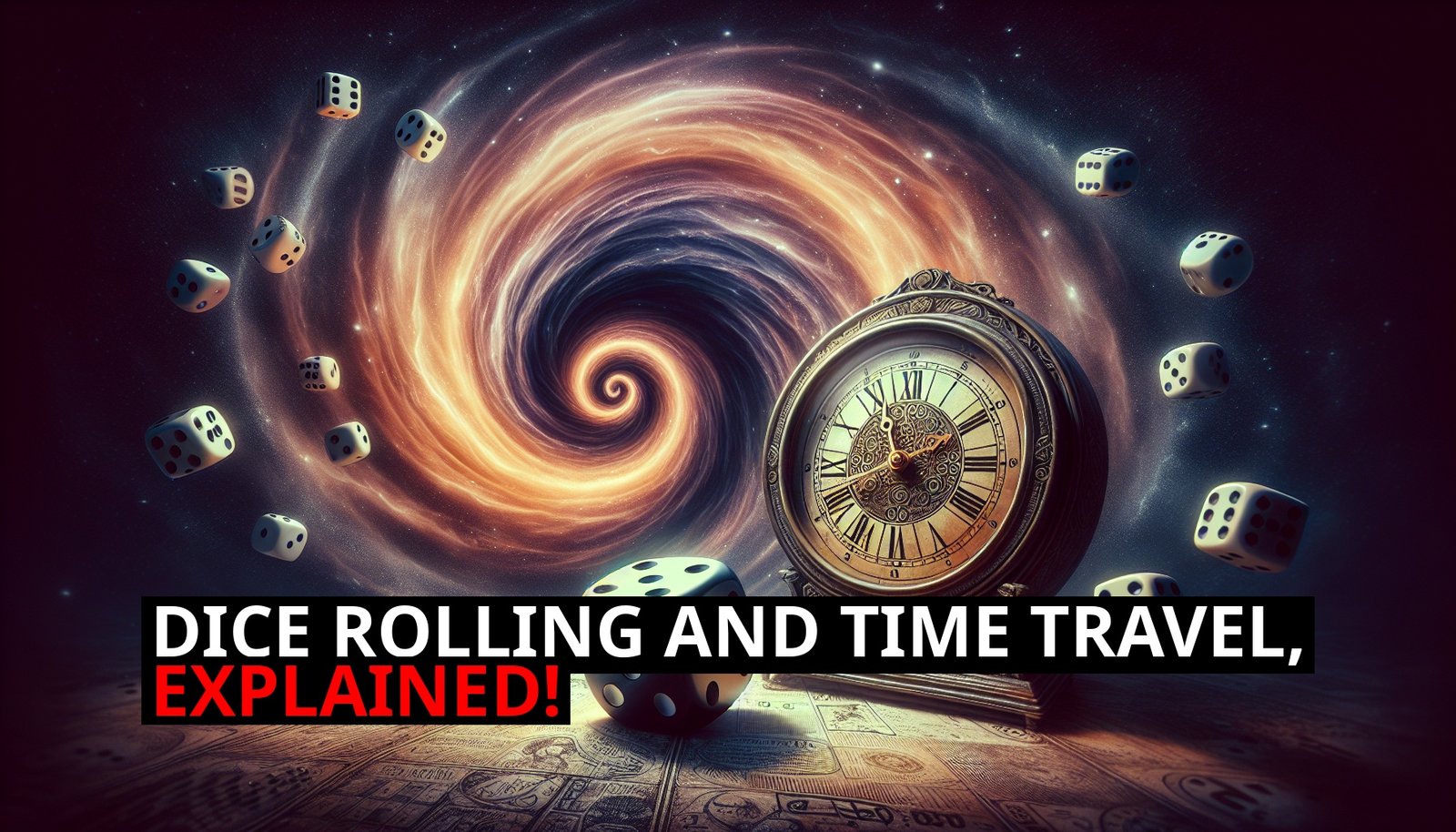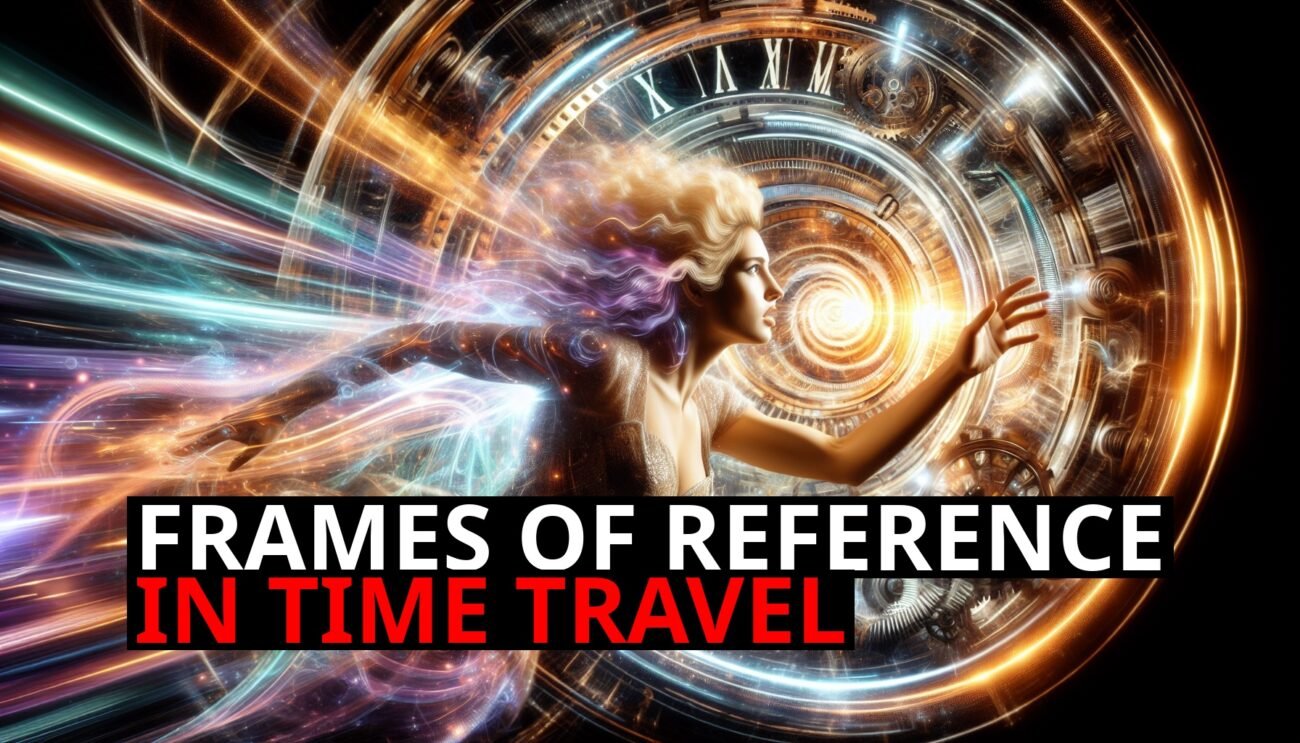Imagine This: Rolling The Dice In A Time Machine
Picture yourself standing at a table, a single die in your hand. You roll it, and it lands on a 6. Now, with a time machine at your disposal, you travel back to the moment before the roll and try again. Will the die land on 6 again? The answer is more complex than you might think. Let’s explore how time travel, randomness, and entropy work together to create infinite possibilities.
The First Roll: Setting The Scene
You roll the die, and it lands on 6. This result is now part of your personal history—a snapshot of a specific moment influenced by countless tiny variables: the force of your throw, the angle, the air currents in the room, and even the surface of the table.
Traveling Back: The Second Roll
With your time machine, you return to the moment before you rolled the die. You roll it again, expecting or hoping for the same outcome. But this time, the die lands on 3. Why did this happen?
Understanding Entropy
Entropy is a measure of randomness or disorder in a system. Every tiny detail, from the exact position of your hand to microscopic air movements, contributes to the outcome of rolling the die. When you travel back in time, you reset all these variables, meaning the exact conditions of the first roll are incredibly difficult to replicate.
The Role Of Entropy In Random Events
Independent Rolls
Each roll of the die is an independent event influenced by numerous variables. Due to entropy, these variables are never exactly the same, leading to different outcomes each time you roll the die after traveling back.
Probability and Randomness
The probability of rolling a 6 remains 1 in 6 each time, but because of entropy, the factors influencing the roll change with each iteration. This randomness ensures that the outcomes can vary widely.
Infinite Possibilities With Time Travel
Creating New Timelines
Every time you travel back and roll the die again, you create a new timeline with a different outcome. The timeline where you first rolled a 6 remains unchanged, but now there are new timelines where the die landed on 3, 1, 4, and so on.
The Butterfly Effect
Even if the differences in initial conditions are minuscule, they can lead to significantly different outcomes due to the butterfly effect. This phenomenon, where small changes can have large consequences, is amplified by the inherent randomness of entropy.
Why You Can’T Predict The Future By Changing The Past
Lottery Numbers and Entropy
Just like with the die, if you tried to win the lottery by traveling back in time and picking the same numbers, entropy would play a crucial role. The exact conditions that produced the winning numbers the first time are unlikely to be duplicated, making it nearly impossible to predict the same outcome.
Example: Daily Life and Entropy
Consider more everyday scenarios. If you travel back in time to relive a successful presentation at work, the variables—your mood, your delivery, the audience’s reactions—might all change slightly, leading to a different experience, even if you deliver the same content.
Conclusion: Embracing The Unpredictability
Time travel introduces a fascinating but complex layer of unpredictability to events. Each time you travel back and change something, entropy ensures that the conditions are never exactly the same, leading to different outcomes and new timelines. Understanding the role of entropy helps us appreciate the randomness inherent in our universe and the infinite possibilities that time travel could unlock.
So, the next time you roll the dice, whether literally or metaphorically, remember that the journey through time is full of surprises, shaped by the ever-present force of entropy. 🎲🔄












